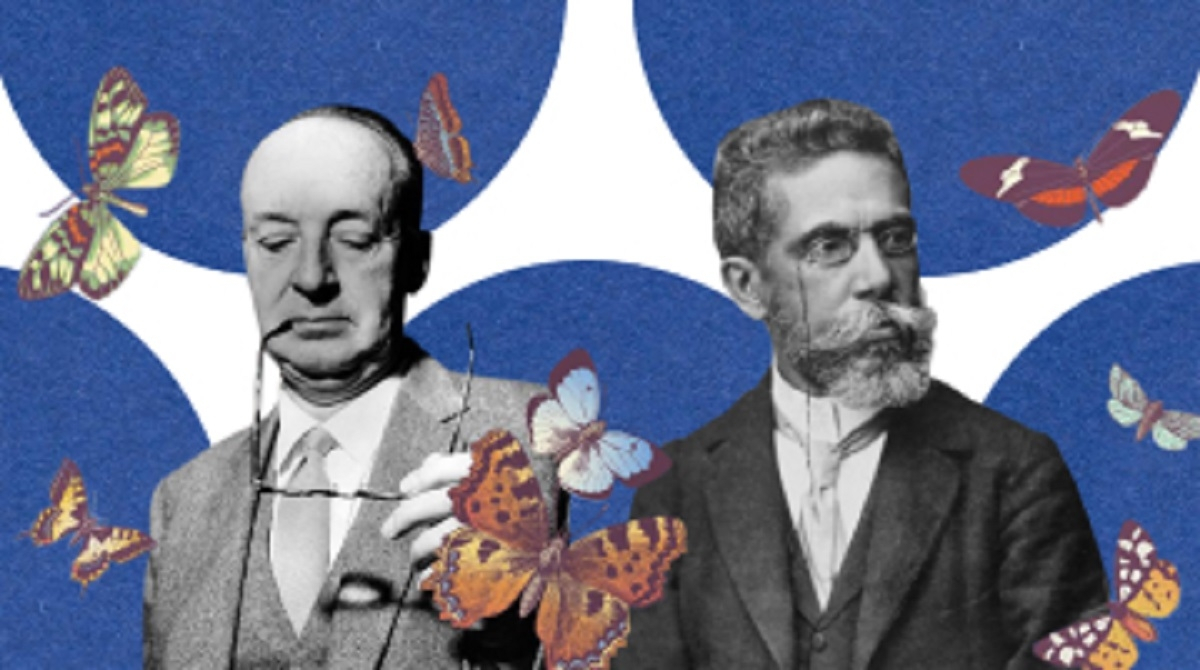The image of the narrator in the prose of Vladimir Nabokov and Joaquim Machado de Assis
St Petersburg University, together with the Representative Office in Barcelona, will host an online lecture "The Image of the Narrator in the Prose of Vladimir Nabokov and Joaquim Machado de Assis", which will be read by Andrey Zhukov, Associate Professor of the Department of the History of Foreign Literature at St Petersburg University.

What do the famous Russian writer Vladimir Nabokov, who was nominated for the Nobel Prize in Literature four years in a row, and one of the most influential classics of Brazilian literature, Joaquim Machado de Assis, have in common? Both in their works resorted to the image of the narrator, or rather, the "unreliable narrator", according to the typology of the narrator, introduced by Wayne Booth in the monograph Rhetoric of Fiction.
It is noted that both authors used a large number of types of protagonist narrators in the works of the novel genre. This move is nothing more than a rhetorical strategy designed to not only guide, but confuse or even mislead the reader about the narrator's image and the narrative structure of the text.
The works of the writer and translator Vladimir Nabokov were among the most read and reviewed in the literature of the Russian diaspora in the 1920s and 30s. Nabokov was born in 1899 to a privileged noble family in St. Petersburg. The future writer studied at the Tenishevsky School, and then entered the University of Cambridge. From 1940 to 1958, Nabokov lived and worked in the United States, leaving his mark on the history of American literature. In 1955, the Parisian publishing house Olympia Press published the novel Lolita, which eventually turned into a world bestseller. However, Nabokov's books are incredibly popular at the present time: films are constantly being made based on his novels, and the multifaceted and amazing biography of the writer himself haunts critics to this day.
Brazilian literature classic Joaquim Machado de Assis is the author of 9 novels, 200 short stories, 9 plays and 5 collections of poetry. The most famous of his novel "The Posthumous Memoirs of Braz Cubas" (1881), written in the year of the abolition of slavery in Brazil. It is difficult to imagine Latin American prose today without such works of the writer as Posthumous Notes..., Kinkas Borba, Don Casmurro, Esau and Jacob and Aires' Diary - novels that have become real psychological research.
The lecture will be held as part of the celebration of the 300th anniversary of St Petersburg University, the first university in Russia.
The meeting will be held online in Russian with simultaneous translation into Spanish.

